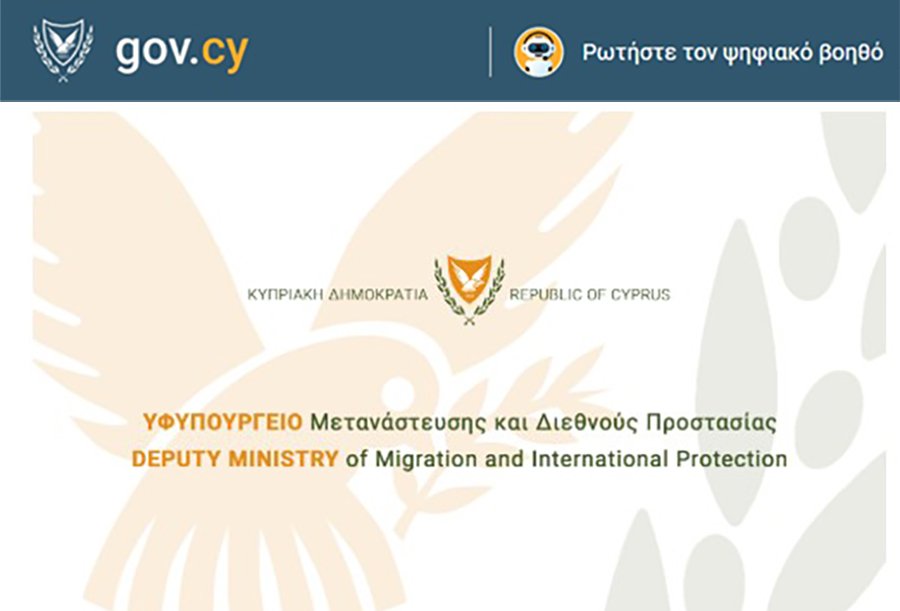Cyprus Residence Permit for Studying on Courses: a New Program for Foreigners

The Ministry of Migration and International Protection of Cyprus announced a new pilot program called Visitor (Programme Attendance). It allows citizens of third countries to stay in Cyprus temporarily to study on courses lasting more than four months. The program closes the legal gap between short-term visits and full academic studies at universities.
The new framework targets foreigners who do not meet the requirements for obtaining a student visa. A Cyprus residence permit can be granted when studying in institutions approved by the authorities. In the first year, 200 permits will be issued — 100 for schools under the Ministry of Shipping and 100 for those supervised by the Department of Civil Aviation. The permit is valid for one year but can be extended to match the duration of the course. If the program is shorter, the residence period will also be reduced. If the student stops studying, the institution must immediately notify the migration department — in such cases, the permit may be cancelled or not renewed.
The program does not grant the right to work, access to the public healthcare system, or free travel within the EU. Changing the purpose of stay under this status is not allowed: after completing the program, the participant must leave Cyprus or apply for a new visa from abroad.
Application processing may take up to four months, or longer if documents are missing. The MVIS8 application form must be submitted in person to provide biometric data — fingerprints, a photograph, and a signature. At the same time, applicants must pay €70 for registration and another €70 for the residence permit. Applications are accepted at the main office of the Migration Department in Nicosia.
All foreign documents must be legalized with an apostille or through diplomatic channels and translated into Greek or English. Applicants must provide copies of a valid passport and the page showing entry to Cyprus and visa (if applicable), as well as a certified criminal record certificate. Other mandatory requirements include a ten-year bank guarantee to cover potential deportation costs — individual or collective if issued through an educational institution.
Applicants must also prove their financial means. This requires a bank statement from a Cypriot bank confirming a transfer of funds from abroad. The minimum amount is 24,000 euros if there is no regular income. If the applicant receives regular income from abroad of at least €14,000 per year, a balance of €10,000 is sufficient. For courses lasting less than a year, the amount is adjusted proportionally, but must not fall below €2,000 per month.
Other documents:
medical insurance covering outpatient, inpatient, and repatriation costs;
medical test results confirming the absence of hepatitis B and C, HIV;
a chest X-ray with a doctor’s report;
a rental contract, property ownership document, or a declaration from the host party;
proof of accreditation of the educational institution;
an enrollment letter specifying the program, its duration (at least four months), and start date;
a receipt confirming payment of the registration fee and part of the tuition.
Once approved, a notification of readiness is sent, and the residence card can be collected only by the applicant or an authorized representative. The Cyprus residence permit is issued as a plastic ID card. To extend it, applicants must submit an updated enrollment certificate, a new bank statement confirming a transfer, valid medical insurance, and an extended guarantee.
The Migration Department warns that submitting false information or forged documents constitutes a criminal offense and may result in a fine or imprisonment. Personal data is processed in accordance with the EU General Data Protection Regulation (GDPR).








